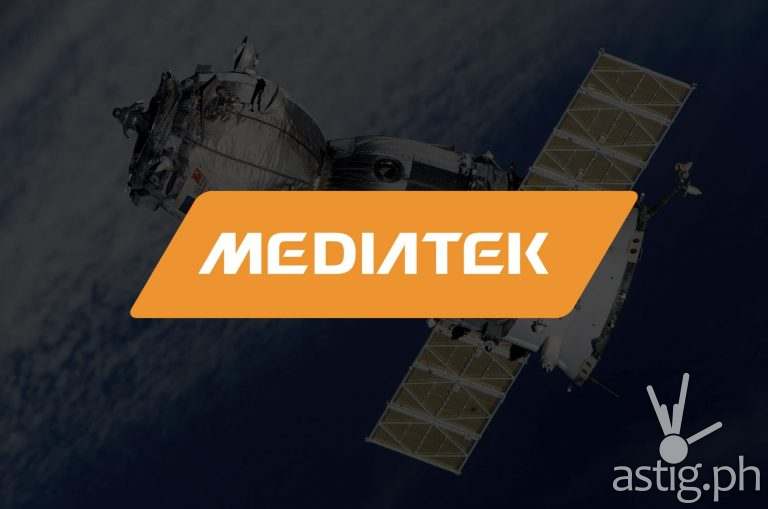PHILIPPINES – MediaTek, the world’s fourth-largest global fabless semiconductor company and the top mobile chipset supplier, held a coffee session on Tuesday to share its latest updates on its business performance and product innovations. The company reported strong revenue growth in 2022, but faced challenges in the first quarter of 2023 due to chip shortages and weak consumer demand. It also showcased its new products and features in the mobile, Chromebook, and IoT segments, highlighting its 5G leadership and local engagement in the Philippines.
According to MediaTek, its revenue reached $18.5 billion in 2022, more than double the $8 billion it earned in 2019. The mobile segment contributed about 54% of the revenue, followed by Smart Edge Platforms at 39% and Power IC at 7%. However, in Q1/2023, the company saw a revenue decline of 11% compared to Q4/2022, due to supply constraints and reduced spending amid the pandemic.
Despite the headwinds, MediaTek maintained its dominant position in the mobile segment, holding a market share of around 41-42% in 2021 and 35% or higher in 2022. It launched several new products under its Dimensity series, targeting different tiers and markets. The Dimensity 9200 was its flagship product, which captured over 20% of the Android flagship market share in China. The Dimensity 8200 and 7200 were its premium and mid-range solutions, offering high performance and power efficiency. Several devices from brands like vivo, OPPO, Tecno, and OnePlus used MediaTek chipsets.
In the Chromebook segment, MediaTek’s Kompanio Chromebook performed well, despite sales challenges due to inventory issues. MediaTek positioned itself as the second-largest ARM-based Chromebook solution provider and the leading ARM-parts Chromebook supplier. Chromebooks offered advantages such as low power usage, all-day battery life, faster multitasking, and affordability. MediaTek had a roadmap of Kompanio series, including the Kompanio 500, Kompanio 520/528, Kompanio 800, and Kompanio 1000, targeting different segments and applications.
In the IoT segment, MediaTek focused on cost and power consumption, leveraging its strength in ARM-based solutions. MediaTek Genio served as its IoT platform, catering to various verticals like smart home, smart fitness, retail, and expanding into industrial IoT and robotics. They introduced Dimensity Auto, a comprehensive solution for car applications, partnering with Nvidia to deliver advanced technology to the automotive sector.
MediaTek highlighted its 5G innovations, including its development process based on 3GPP standards. They integrated AI processors into their 5G modems, providing real-time response, better power efficiency, and isolated processing. MediaTek introduced AI algorithms to enhance network connectivity, seamless switching between Wi-Fi and 5G networks, and showcased 5G Redcap for applications like smartwatches and AR glasses. They also unveiled satellite connectivity through 5G NTN (Non-Terrestrial Network), enabling coverage in remote areas.
Regarding local engagement and opportunities in the Philippines, MediaTek emphasized its dominance in smart home, smart fitness, and retail IoT applications. They showcased MediaTek Genio’s key features and NeuroPilot platform for edge AI. MediaTek expressed interest in expanding into new verticals like industrial IoT, robotics, and Pro-AV streaming devices. They engaged with local companies, providing modules and training for hardware developers. Additionally, MediaTek highlighted the use of Advanced HMI (Human Machine Interface) in Industry 4.0 for monitoring worker efficiency.
Despite short-term challenges, MediaTek remained optimistic and invested in new growth areas like Chromebooks, IoT, consumer broadband, 5G, and ASICs (Application-Specific Integrated Circuits). They aimed to focus on the global market while expecting growth drivers from Southeast Asia in the coming years.


